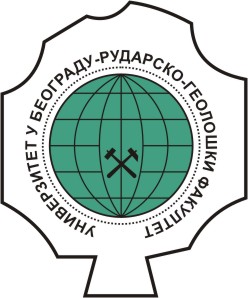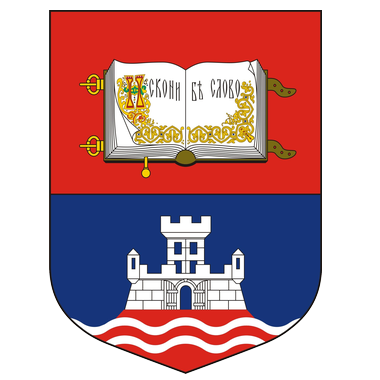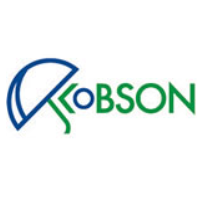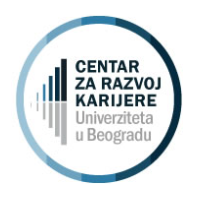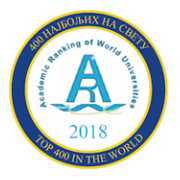Study program:
Economic Geology (VIII semester -MsC)
Geology of oil and gas (VIII semester -MsC)
Paleontology (VIII semester -MsC)
Petrology and Geochemistry (VIII semester -MsC)
Regional geology (VIII semester -MsC) |
|
Name of subject: Petroleum Geology |
Instructors:
Prof. Aleksandar Kostić |
|
Status: Compulsory |
|
ECTS: 5 |
|
Prerequisites: Petroleum deposits and exploration |
Course Objectives:
Acquiring knowledge on various aspects and processes of generation, migration and accumulation of oil and gas in sedimentary basins. Learning latest facts in petroleum geology with an emphasis on petroleum-geological interpretation of various methods of explortion and modeling of petroleum deposits. |
Learning Outcomes:
Gaining basic and specific knowledge and skills in the area of petroleum geology, techniques of petroleum-geological interpretation of various exploration methods and learning basic elements required for further learning of petroleum resources and reserves assessment. |
Content:
Theory teaching
Petroleum geology as scientific discipline; history and usage. Petroleum potential of sedimentary basins: geothermal evolution and organic matter maturity. Methods of kerogen maturity calculation. Kinetic modeling of kerogen transformation into oil and gas. Optical (microscopic) and pyrolitical (Rock-Eval) methods of source rocks study and interpretation of the results. Synthesis and correlation of data in petroleum exploration. Modeling of petroleum deposits. Software application in petroleum geology. Petroleum exploration strategies in relation to structural and tectonic style of a basin. Practical teaching
Analysis of well`s cores, construction of complex petroleum deposit`s cross-sections and maps. Burial and thermal history reconstruction. Identification and characterization of kerogen and bitumen in the source rocks and oil shales. Interpretation of vitrinite reflectance measurements and Rock-Eval data. Correlation of wells. Geological interpretation of seismic sections - practical exapmles. |
Suggested Reading List:
- Ercegovac, M., 2002: Geologija nafte. RGF, Beograd, NIS-Naftagas, Novi Sad, 463 str.
- Bjorlykke, K., 2010: Petroleum Geoscience: From Sedimentary Environments to Rock Physics.- Springer, 508 p.
- Selley, R.C., 1998: Elements of Petroleum Geology. 2nd Ed. Academic Press, San Diego, 470 pp.
- Hunt, J.M., 1996: Petroleum Geochemistry and Geology. 2nd Ed.; W.H.Freeman and Co., New York, 743 p.
- Tearpock, D.J. & Bischke, R.E., 1991: Applied Subsurface Geological Mapping.- Prentice Hall, PTR, New Jersey, 648 p.
- Lowell, J.D., 1985: Structural Styles in Petroleum Exploration.- Penwell, 504 p.
- Abreu, V., Neal, J.E., Bohacs, K.M. & Kalbas J.L., (Eds.), 2010: Sequence Stratigraphy of Siliciclastic Systems - The ExxonMobil methodology - Atlas of exercises.- SEPM, Tulsa, Oklahoma, 226 p.
|
Conduct of the Course:
Classical lectures with video presentations and examples. Visiting lecturers from petroleum companies (Software in deposit modeling - 3D seismic, Interpretation of seismic profiles, Exploration strategies). Active participation trough exercises and tests. |
Fund hours:
| Lectures |
Exercises |
Other forms of teaching |
Study research |
| 2 |
2 |
0 |
0 |
|
Assessment:
| Final Exam |
ECTS |
| Oral Exam | 50 |
| Classwork Assessment |
ECTS |
| Class Participationа | 10 | | Practical Classes | 20 | | Written tests | 20 |
|
|
Additional Assessment Criteria: - |
|
|
